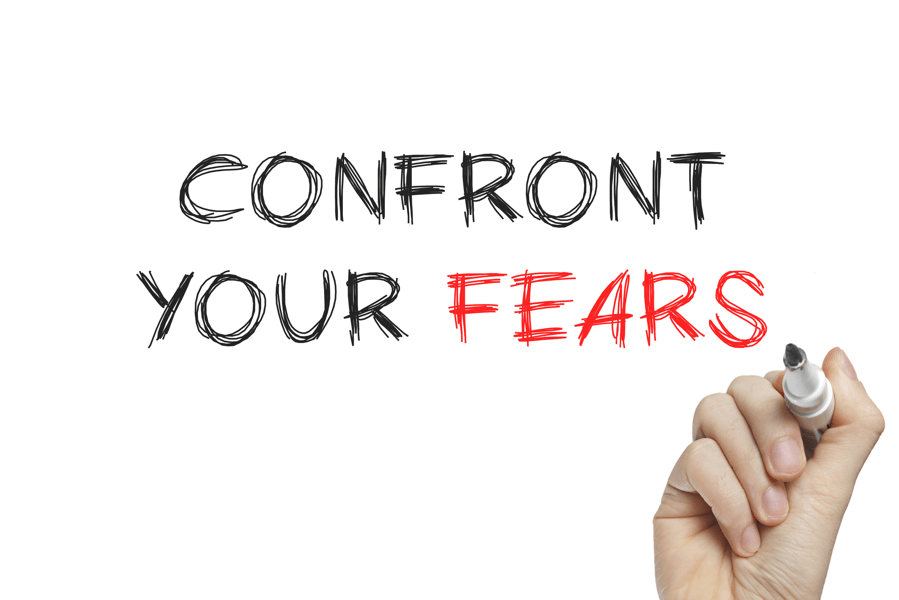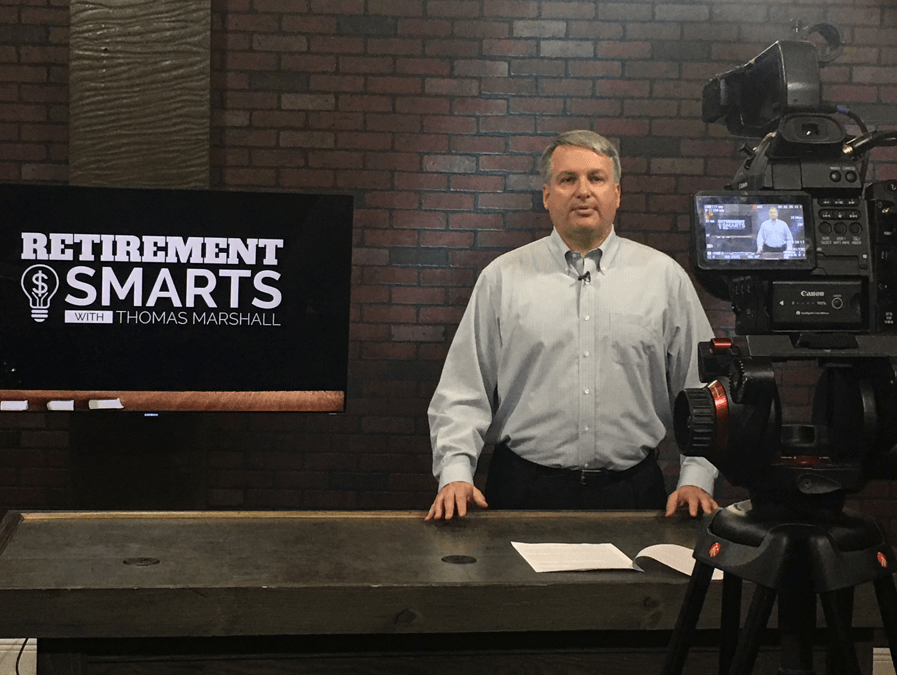
But Purple Cows aren’t always a good thing. When you are looking for something that stands out, that becomes the only thing you see.
And when you are looking at a video that you just filmed, instead of looking for the good stuff, you see the flubs, the misplaced hair, the crooked tie, the 3 seconds where you itched your nose. You see everything that is wrong, instead of focusing on the performance as a whole.
This can make you feel like you aren’t any good at filming videos.
In fact, Wistia, one of the best video hosting solutions wrote about this on their blog, saying…
“Confirmation bias is our tendency to search and find information that backs up our previously held beliefs. We want to be right, so we look for all the information out there that is going to corroborate our thoughts. Because we believe we know best, any information that does confirm previous beliefs takes precedence over information against what we hold dear.
This means that we are constantly following a fallacy.
If you think that you’re awkward on camera, you’ll be looking for evidence of that when you review the footage. You will want to confirm your belief. No matter how smoothly you presented your pitch, how funny you were, or how natural your performance was, any slight hint of clumsiness will confirm you are a real-life Mr. Bean.”
And they are 100{cd266c1509fca34f59dc93da7daf12a6ee52c6401aabb2126e757d9de7c223fc} right. If we think we look goofy before we ever turn on the camera, we will see ourselves as goofy.
So how do you overcome the fear of getting on camera and looking like a total rock star?
It’s actually simple. But as my business partner Nick Nanton would say, common knowledge isn’t always common practice.
Fear of being on camera typically boils down to 3 things:
- We’re afraid of how we’ll look on camera.
- We’re afraid of how we’ll sound on camera
- We’re afraid of remembering what to say.
On the surface, these look like big fears that are hard to overcome. No one wants to look silly or sound silly, and when the bright lights are shining on you and the red record button is on, we tend to lose our minds and forget everything about what we do everyday.
But this is actually easy to overcome. You just have to look at things differently. You see, all 3 of these fears have to do with you. And when you focus on how you look, on how you sound… bad things start to happen.
The key to overcoming your fear of being on camera is to Stop Focusing On You, and Start Focusing On Your Audience.
You aren’t filming videos for you. For your ego. For your pride.
You are filming videos to help someone that is watching to solve a problem they have in their life. To give them information and education. To make them aware of something that is affecting them. And to get them interested in allowing you to solve their problem for them.
Your focus should be 100{cd266c1509fca34f59dc93da7daf12a6ee52c6401aabb2126e757d9de7c223fc} on the viewer. On making sure that they get what they want.
Realize that people don’t care about you or what you look like – they care about themselves and how you can help them.
The audience is always forgiving of things like a wrinkled shirt, or a few umm’s. They are not forgiving if you don’t deliver on what they want.
There are simple too many options for them today. If you aren’t speaking to them, and adding value to them, they will click away and onto something else.
To make this switch, to focus on the viewer, you need to ask yourself a few key questions:
- What do I want the viewer to get out of this video?
- Why should someone watch this video?
- What emotion do I want the viewer to have while watching the video?
- If I connect with the viewer, what action do I want them to take after watching the video?
All of these questions put the focus on the person you want to help. It has nothing to do with how you look or sound.
Heck, you meet and talk to clients and prospects everyday don’t you? And they see you just how you look right now, don’t they?
Your online TV show should paint a picture of the real you, not some made for TV character. Again, that only benefits you. Your prospects want to know that you are the real deal. Someone they can count on. Someone they can trust.
Be that person on camera and you will never be afraid to film a video again.

